A non-profit social laboratory provides experts, resources, and a platform to bring innovation and resilience to the public sector.
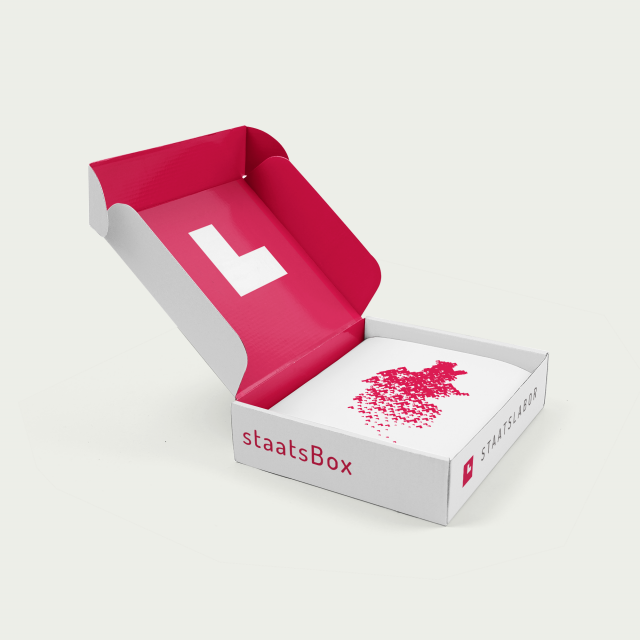
e-Government, Information Technology

A non-profit social laboratory provides experts, resources, and a platform to bring innovation and resilience to the public sector.
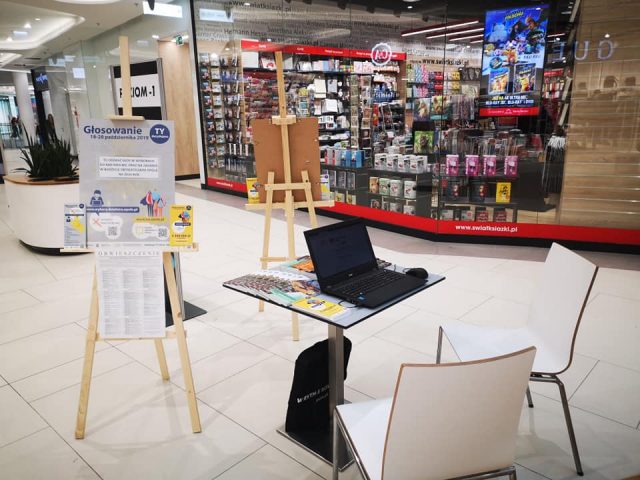
A highly intuitive electronic citizen platform allows the citizens of Opole to participate in municipal decisions, vote in district elections, and decide which tasks should be implemented in the city.
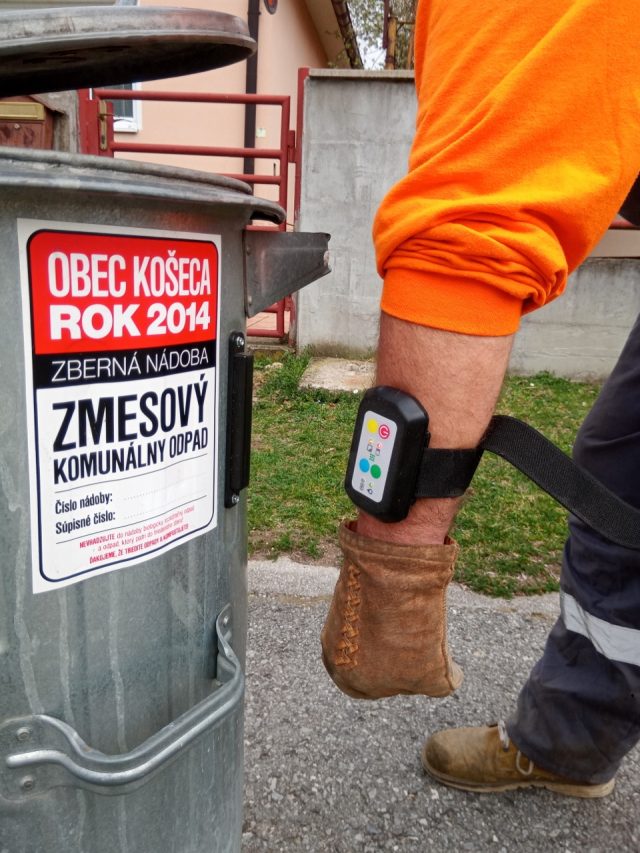
A modern data collection system encourages waste separation and incentivises recycling by reducing waste-collection fees.
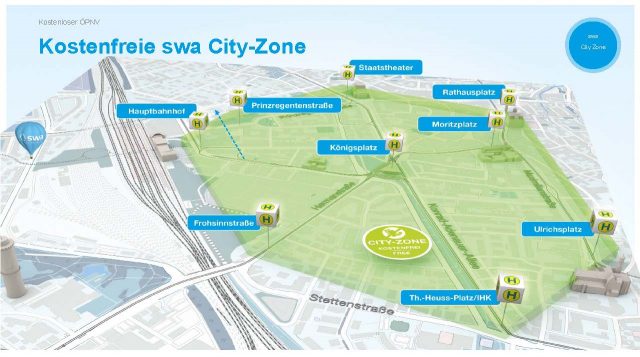
The City of Augsburg encourages the use of car-sharing, cycling, and public transport via a flat rate that provides a low-cost package for mobility at a fixed monthly price, on top of free public transport in the city zone.
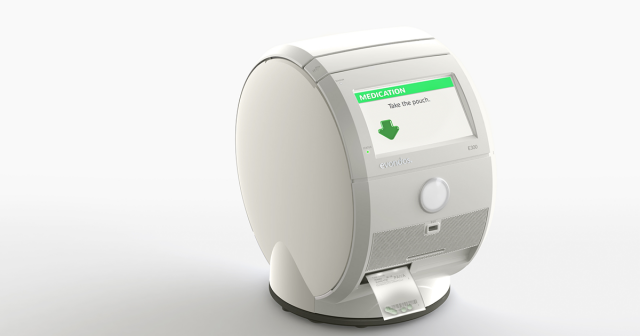
This project supports old people who wish to continue living in their own homes, by providing electronic medicine dispensers that periodically alert them to take their prescribed medication.
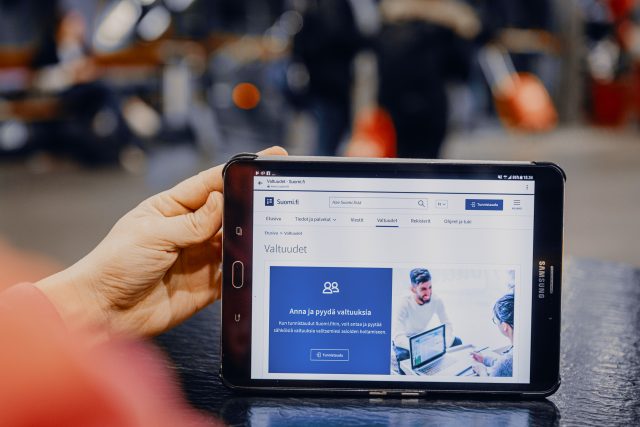
Finland has become the first country in the world to allow people to electronically authorize another person to make important decisions for them online.
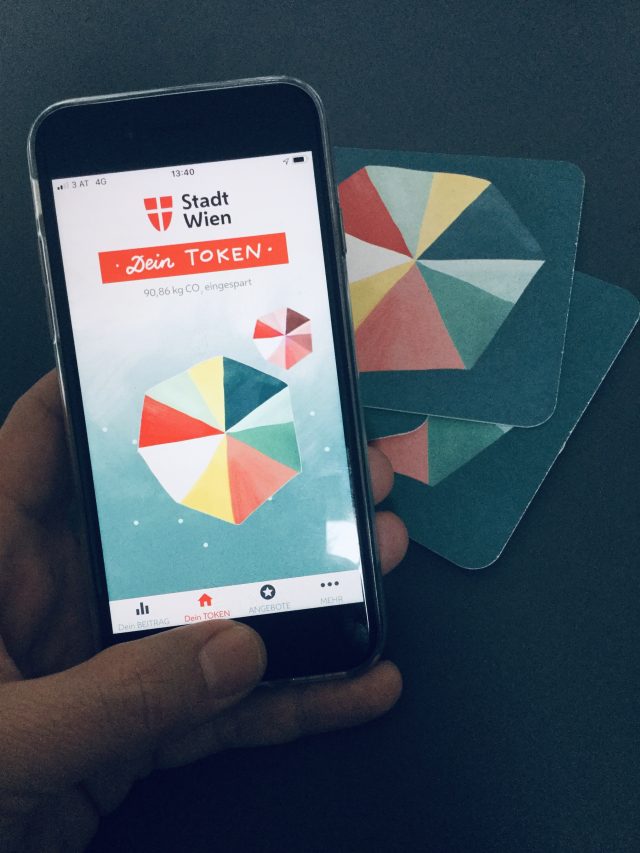
Digital tokens use the carrot approach to reward environmentally-friendly behaviour with free access to arts and culture.
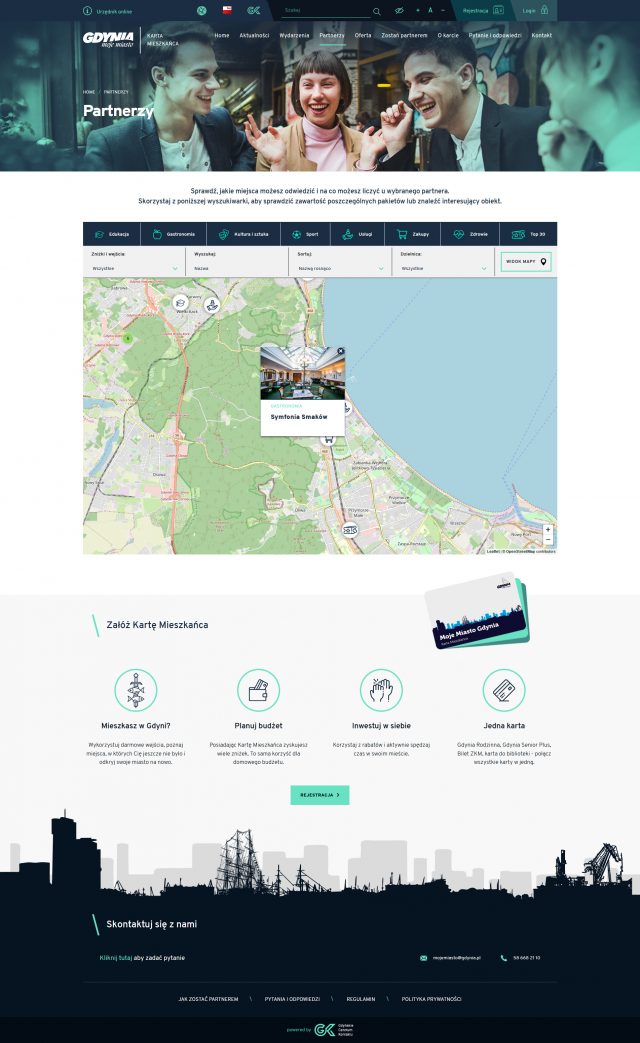
An interactive tool combines multiple municipal services, to allow people to settle administrative affairs from the convenience of their homes.
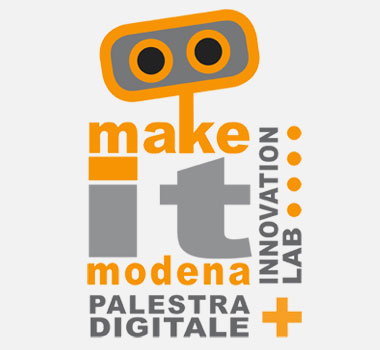
“Cyber-workouts” help children and adults gain digital literacy, realise digital projects, and spread open-source culture.

Finland seeks to educate 1% of European citizens in the basics of Artificial Intelligence to bring to the EU an understanding and capability to match China and the USA in these applications.